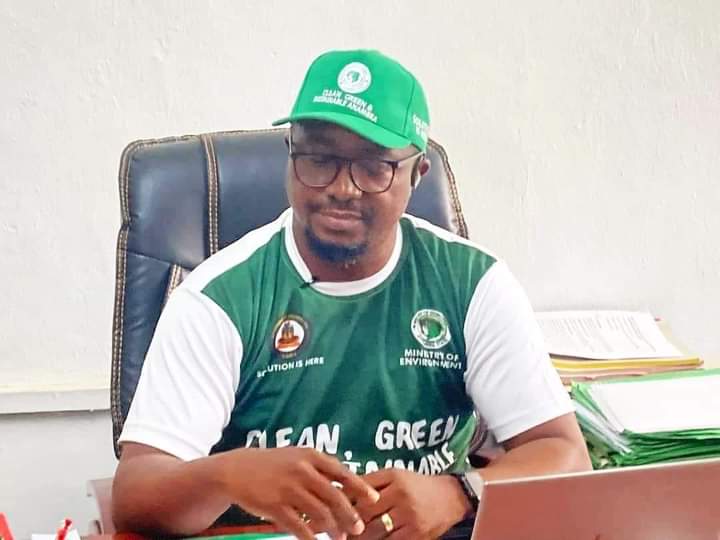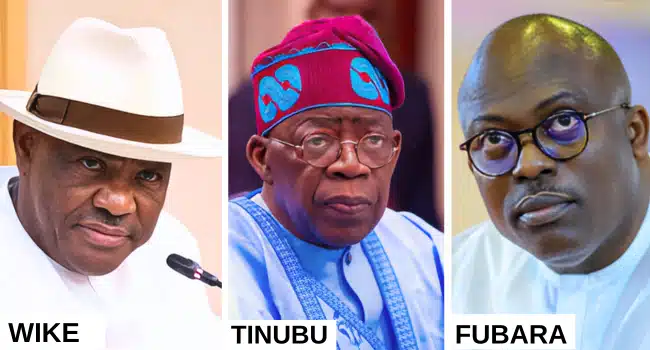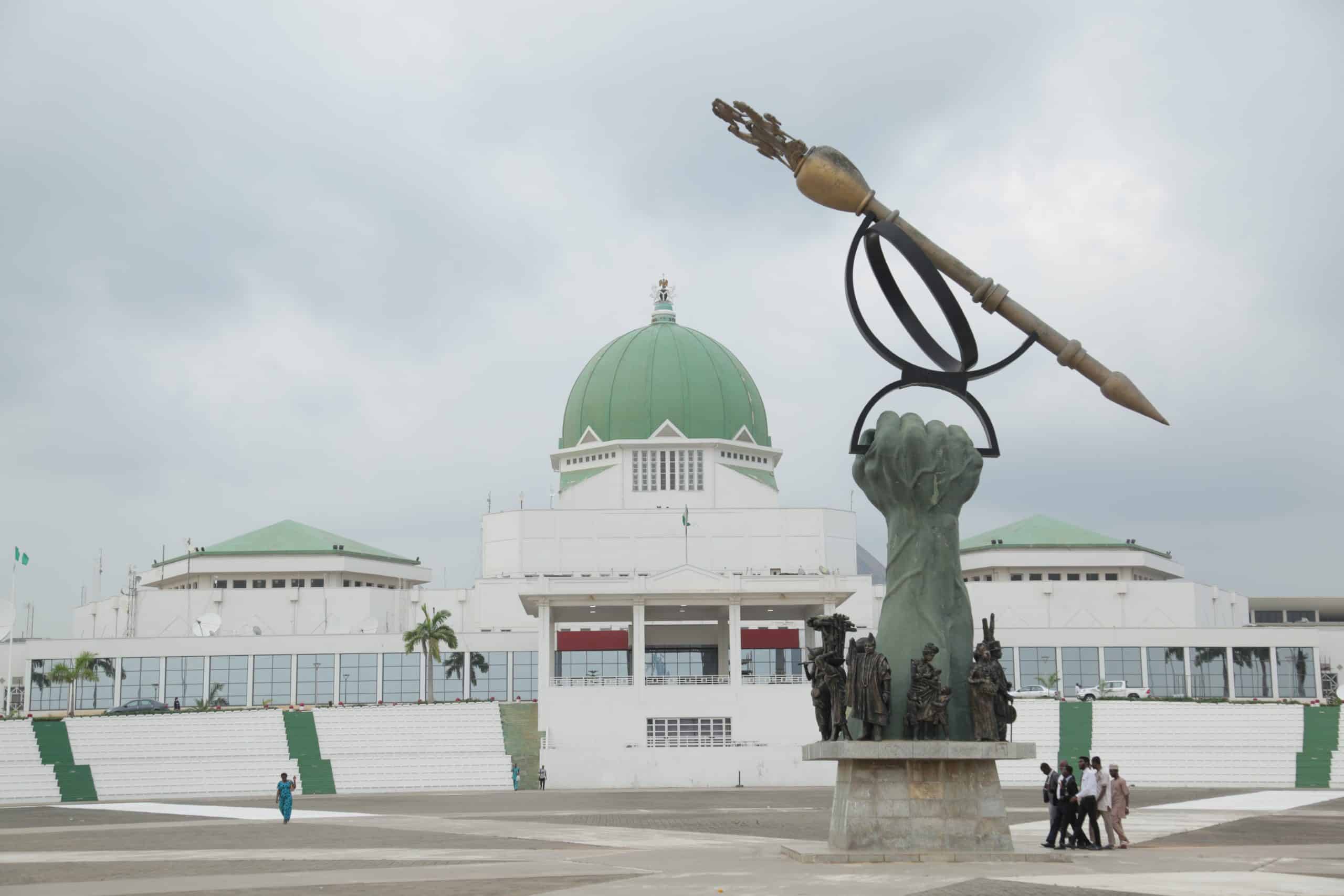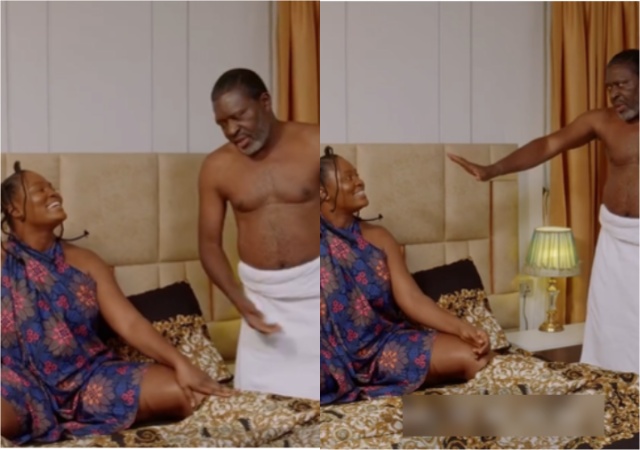Place your adverts here on InfoDig @ low rates; banner ads, sponsored links and guest articles etc. Contact us
A ripple turned into a wave of backlash when Davido walked for Ugo Monye at Lagos Fashion Week on the 24th of October. For the Afro-pop star, the stroll down the runway for one of Nigeria’s brightest designers seemed like an easy extension of his philosophy—”We rise by lifting others”—and his support for local brands for years.
But on social media, the narrative took a different turn. Commenters derided the move, calling it “cheap” and wondering why someone of his stature would align with a “homegrown” label.
The reaction reveals a troubling trend in our culture: an inherent tension between local pride and the desperation for international validation. Why is a partnership between a global Nigerian superstar and a Nigerian designer seen as a compromise rather than a celebration?
Nurturing several identities, Nigeria has always seemed to be a country that straddles between two personas. At home, they celebrate their cultures, the Yoruba Adire, and the Igbo Ukwu jewellery; but this pride somehow seems to dissipate when it comes to what the public actually perceives through the eyes of New York, Paris, or Milan.
This tension is even exposed in the case of Davido walking for Ugo Monye at Lagos Fashion Week. This mentality is not new. It is a similar narrative that tells people they want Hollywood in Nigeria while failing to appreciate the ‘complexity’ that Nollywood offers; that they want international awards and then ignore local ones when it comes to validation.
But the “Afrobeats to the world” movement should have changed that thinking by now. If anything, the explosion and growth of Afrobeats had proven beyond measures that Nigerian culture is enough, that it can cross borders, shape trends, and change global culture without needing to bend to foreign expectations.
 Davido performing at 02 Arena
Davido performing at 02 ArenaBut why, when it comes to fashion, do we still think of Lagos Fashion Week as small-time? At the heart of this reaction is a question of economics.
The fashion industry in Nigeria is grossly underfunded and underappreciated for all its potential. It is a staunch contributor to our economy-tailors, weavers, dyers, and designers-yet gets a tough time trying to tackle the global brand cachet.
Davido walking for Ugo Monye is an economic statement
It means to say to potential investors that local fashion is something worth paying attention to and that the bubbling creativity within Nigeria’s borders deserves some serious investment.
Even beyond just selling out the 02 Arena and dominating charts, Nigerian musicians and by extension, Nigerian celebrities are also cultural ambassadors, and they help frame how Nigeria is viewed within and outside the country.
When Davido decides to wear Nigerian brands, he’s making a statement about what Nigerian culture means. This is duly encapsulated in the resonance of Wizkid’s collaboration with Nike on the Starboy jersey in 2018. It wasn’t about the fashion; it was about placing Nigerian identity in a global world. It was to prove Lagos could sit comfortably beside London or Los Angeles-that finally, our culture had taken its seat at the table.
Davido’s move, however, was met with backlash, driven by an obsession with Western approval. We celebrate our stars on foreign stages but struggle when they shift focus back home. The truth is, for many, a Parisian brand still holds more weight than a Lagos label. Yet, this fixation on the West is not only misplaced but also counterproductive. Afrobeats’ rise teaches us that cultural power comes from originality at home, not imitation.
What are we as a country scared of wearing our badge? Why are we still second-class citizens to local talents, celebrating them only when some international gentry has stamped their approval on them? True pride in our culture doesn’t need to borrow an endorsement from Western cultures; true pride believes that our art, our stories, our creations are enough in their value, simply because they come from us.
A designer of the ilk and calibre of Ugo Monye does not need a Davido endorsement to justify his worth; his craft is his mouthpiece. And when celebrities in Nigeria decide to support those who are local, it is a signal to the rest of us: it is time to change how we view ourselves.
Cultural pride is not about the rejection of the global but about the realization that our local is good enough. And things start to go wrong when we make up our minds that local merit is hinged on global approval. It is a story that must be rewritten, a story where Lagos, Port Harcourt and Abeokuta are as important as New York and Paris.
Our stars have shown us where to go with music. We should stop allowing them to dictate how much our own are worth. Because, really, pride in our own is not about what they think of us; it’s about what we do.














